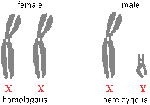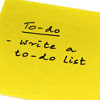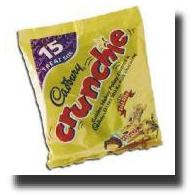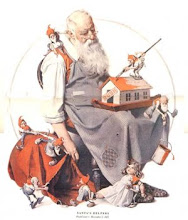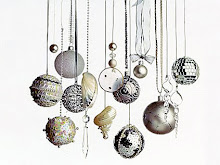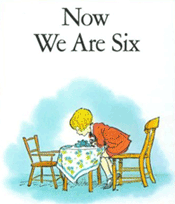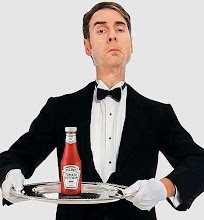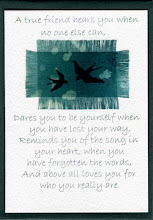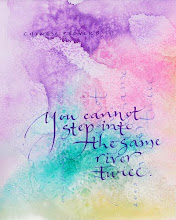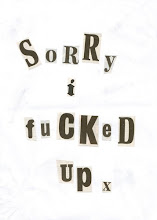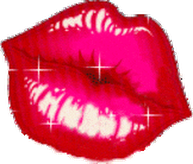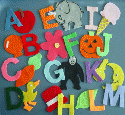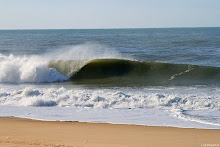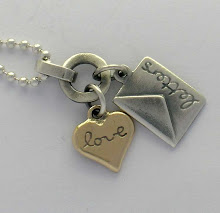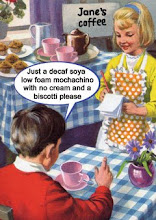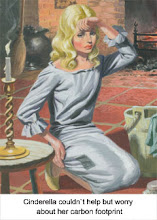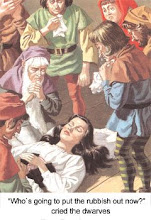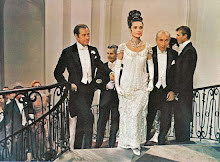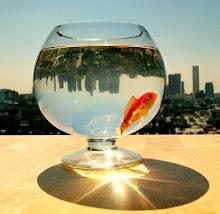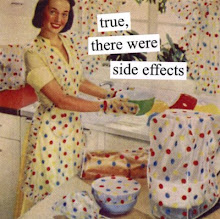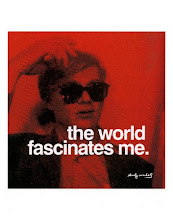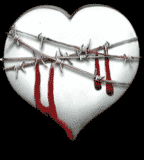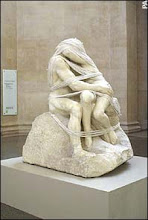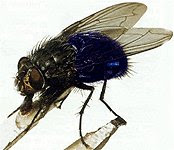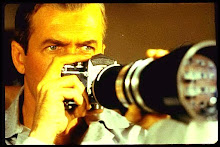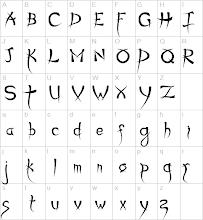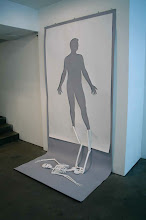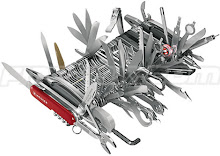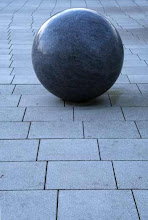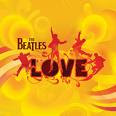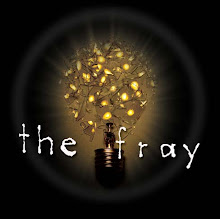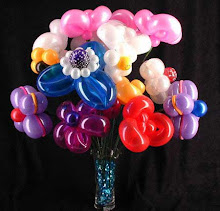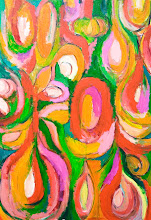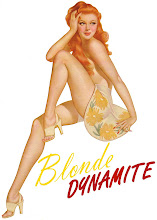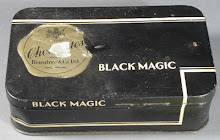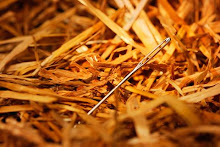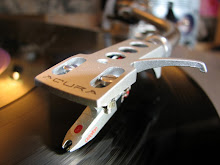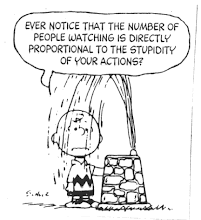
ElectroConvulsive Therapy
Electroconvulsive therapy (ECT) is a form of treatment for certain severe psychiatric disorders that involves applying a mild electrical shock to each side of the skull. ECT is performed by a physician while the patient is monitored closely and kept pain-free.
What Is ECT?
ECT is a form of treatment for certain severe psychiatric disorders that involves using electrical shock. In ECT, a physician applies a mild electrical shock (20 to 30 milliamps) to each side of the patient's skull near the area of the temples. The procedure is done under anesthesia*, and the patient is monitored carefully. The shock is applied until the patient experiences a tonic-clonic seizure*. Normally, this would produce strong muscle contractions, causing the body to thrash about. However, the patient also is given a medication to relax the muscles, which prevents this kind of whole-body response. Instead, the seizure occurs just within the brain, where it lasts for a minute or so.
Who Benefits From ECT?
In the United States, about 100,000 people each year receive ECT. The types of mental disorders that are treated with ECT include schizophrenia, severe depression, mania, and delusional states. ECT is particularly effective as a short-term therapy for sudden, severe episodes of depression associated with suicidal tendencies. Because medications take several days or more to have an effect on severe depression, in some cases ECT is a way to provide immediate relief and protection from suicidal intent. About 60 to 70 percent of people who receive ECT experience some benefits. ECT is used with both children and adults.
Why Is ECT Controversial?
Despite its proven benefits, ECT is still somewhat controversial. The debate about its use today is based in part on the treatment's history.
Earliest Treatments
ECT was first tried in Italy in 1938. It soon was used to treat mental disorders that were resistant to other types of treatment. However, in the early days of ECT, few considerations were given to the patient's overall health. In addition, many people experienced pain from the shock itself or injuries from the whole-body seizures that resulted. Nevertheless, ECT was found to be an effective treatment for conditions such as severe depression, acute psychosis, and mania.
Modern Treatments
Modern improvements have made ECT a much safer and more comfortable experience for the patient. These improvements include the use of medications to produce a pain-free state and prevent violent muscle contractions. In 1999, the U.S. Surgeon General's report on mental health concluded that ECT was a safe and effective treatment for certain severe mental disorders when used according to current standards of care. Even so, the states of California, Texas, and Tennessee still prohibit the use of ECT with children and adolescents.
*anesthesia is a state in which a person is temporarily unable to feel pain while under the influence of a medication.
*tonic-clonic seizure is an episode in which a person usually loses consciousness, stiffens due to muscle contractions, and lets out a loud cry as air is forced through the vocal cords during the tonic phase. In the clonic phase, the muscles of the body contract and relax rhythmically, which causes the body to thrash about.
On the Horizon
Transcranial magnetic stimulation (TMS) is a new, painless treatment that uses magnetic pulses to stimulate brain activity. In some early studies, TMS appeared to work against depression. About one-third of the patients treated with TMS experienced temporary, mild headaches after the treatment, but there seemed to be no other side effects. If TMS is shown to be as effective as ECT, it may become another treatment option for severe depression in the future.
Media Portrayals
Some of the lingering debate about ECT is based on its portrayal in movies, television shows, and novels. In the movie One Flew Over the Cuckoo's Nest, for example, ECT was used as a punishment for unwanted behavior. Unfortunately, this kind of depiction often frightens people unnecessarily, keeping them from using a treatment that can be highly effective and even lifesaving.
Modern electroconvulsive therapy (ECT) is not like the shock treatments depicted in old movies. Patients receive medications to relax and sedate them before treatment begins, and many patients with depression find that ECT is a faster and more effective treatment than medication.
How Does ECT Work?
Scientists do not know for sure how ECT works, although research now is being done to find answers to this question. Most of the research is focused on ECT's effect on part of the brain called the hypothalamus*, which, among its many functions, regulates emotional expression and controls the endocrine glands. Changes in endocrine* function are often seen after ECT treatments.
What Happens During ECT Treatment?
ECT is performed in a hospital setting under the careful guidance of a physician. First the patient is given anesthesia and muscle-relaxing medications. Then the patient receives a mild electrical shock to each side of the skull. Thanks to the medications, the patient feels no pain, and the body does not convulse. Once the procedure is over, the patient awakens after 5 to 10 minutes, much as someone would after minor surgery. ECT generally is given in a series of 6 to 12 treatments over a period of a few weeks.
Many people experience some memory loss after ECT. Usually, this loss is temporary, affecting mainly memories of events from the days, weeks, or months just before or during the series of treatments. In most cases, the memories return within several weeks after the completion of ECT.
*the hypothalamus is part of the brain that controls (among other things) the autonomic nervous system*, the endocrine glands, basic drives such as hunger, thirst, and aggressive and sexual drives. The hypothalamus also regulates emotional expression.
*autonomic nervous system is a branch of the peripheral nervous system that controls various involuntary body activities, such as body temperature, metabolism, heart rate, blood pressure, breathing, and digestion. The autonomic nervous system has two parts—the sympathetic and parasympathetic branches.
*endocrine refers to a group of glands, such as the thyroid, adrenal, and pituitary glands, and the hormones they produce. The endocrine glands secrete their hormones into the bloodstream, and the hormones travel to the varous organs in the body that they affect. Certain hormones have effects on mood and sometimes are involved in symptoms such as irritability, emotional swings, fatigue, insomnia, depression, suspiciousness, and apathy.
.
(and please don't forget to help yourself
to a Crunchie on your way out!
it is Friday, after all. . .)
.
(or it will be, when you read this)
,
to a Crunchie on your way out!
it is Friday, after all. . .)
.
(or it will be, when you read this)
,
(or some popcorn, if your name is mel!)



